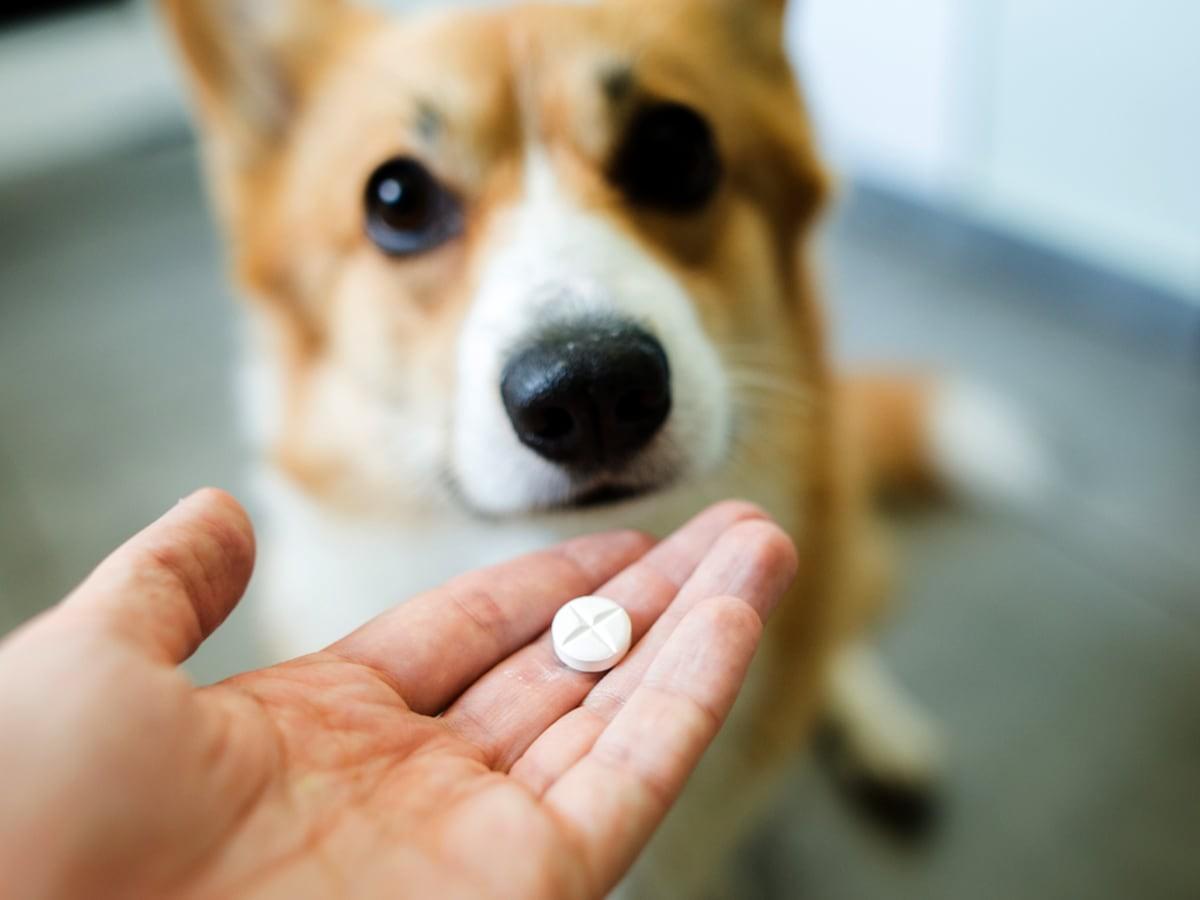Does your furry friend seem a little under the weather with an upset tummy? While it might seem like reaching for your own Tums is the quickest solution, it's important to understand the risks involved before giving your dog any human medication. This blog post will explore the question of antacids for dogs, discuss safer alternatives, and offer expert advice on managing your dog's upset stomach.
Can Dogs Have Antacids?
Canines experiencing stomach upset might tempt you to share your trusty Tums or Pepto-Bismol. But while not inherently toxic, antacids aren't the best solution for dogs with upset stomachs.
Here's why:
Different Digestive Systems: A dog's digestive system handles food differently than our digestive system. Antacids formulated for humans might not address the underlying cause of your dog's discomfort.
Side Effects: Frequent use of antacids in dogs can lead to constipation, diarrhea, or allergic reactions.
Dosage Issues: The appropriate dosage for humans is far too much for a dog, potentially leading to a dangerous calcium overdose.
Are Tums Toxic to Dogs?
In short, Tums aren't inherently toxic to dogs, but they're not the best solution for an upset stomach either. The calcium carbonate in Tums can neutralize stomach acid which might provide temporary relief for humans, can lead to side effects like constipation, diarrhea, or even allergic reactions in dogs.
Can I Give My Dog Tums or Pepto-Bismol?
It's always best to consult your veterinarian before giving your dog any human medication, including Tums or Pepto-Bismol. Your vet can assess your dog's individual needs and recommend the safest and most effective treatment for their upset stomach. Some medications formulated for humans can be toxic to dogs, so consulting a vet is crucial to avoid accidental poisoning.
Safe Alternatives for Upset Stomachs in Dogs
Here are some safe and effective ways to soothe your dog's upset stomach:
Bland Diet: A bland diet like cooked white rice and boiled chicken can help settle your dog's stomach. This gives their digestive system a break from processing complex ingredients.
Probiotics: Probiotics can help restore the balance of good bacteria in your dog's gut, which can aid digestion and reduce stomach upset. Look for pet-specific probiotic supplements recommended by your vet.
Pumpkin Puree: Always consult your veterinarian before giving your dog pumpkin puree. Plain, 100% pure pumpkin puree can be a soothing addition to your dog's bland diet. Pumpkin is a good source of fiber, which can help regulate digestion and firm up loose stools.
Remember, these are just general recommendations. The best course of treatment for your dog's upset stomach will depend on the cause.
Expert Insights From Spot:
Curious canines often get themselves into trouble by ingesting things they shouldn’t – such as the wrong medications. If your pet manages to consume some of your medication, you might be facing an expensive vet bill. Spot's data reveals that the average cost of treating a dog for toxic ingestion is $662, with nearly 5,000 claims processed. This highlights the importance of keeping your dog away from potentially harmful objects or substances. If you suspect your dog has ingested something poisonous, contact your veterinarian immediately. Learn more about how pet insurance works and discover if pet insurance is right for you.
Conclusion
When your dog experiences an upset stomach, resist the urge to reach for your own medication cabinet. While some human medications might seem like a quick fix, they can be harmful to your dog. The safest and most effective course of action is always to consult your veterinarian. They can diagnose the cause of your dog's discomfort and recommend the best treatment plan to get your furry friend feeling better fast. By prioritizing your dog's health and seeking professional advice, you can ensure a speedy recovery and a happy pup!

If you need a story or someone to talk to your cat like a person, I’m your person. With 3 cats, 1 dog, and a lifetime of pets, I write from experience, usually with a cat on my keyboard and a dog in my lap.











